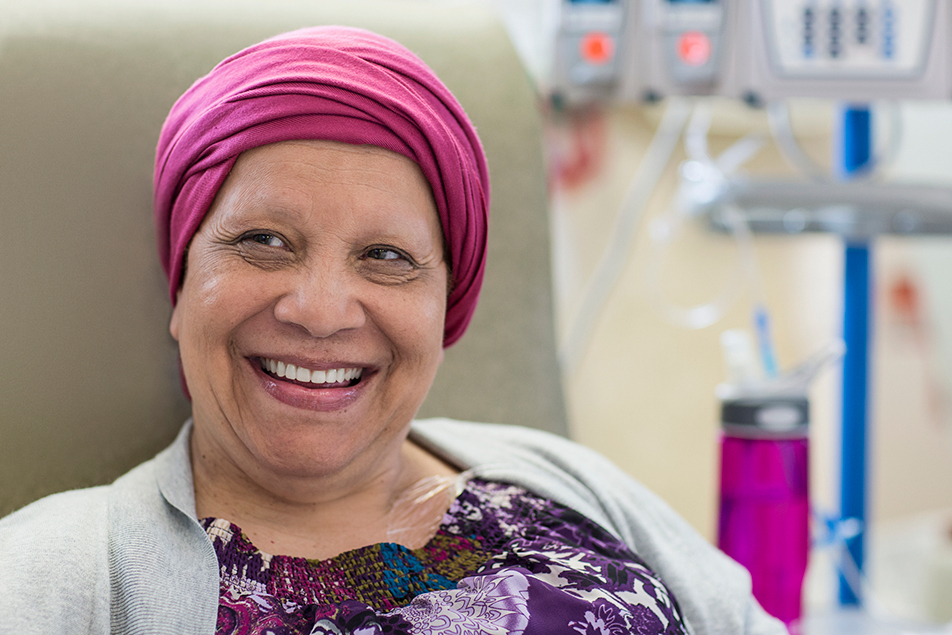
This post was written by Christina C. Drummond, MD, FACEP, Palliative Oncology, Parkview Cancer Institute.
The Parkview Cancer Institute (PCI) is a combination of advanced cancer care and patient-centered care. We place patients and families first, focusing on their experience, meeting our patients’ needs, whether it is financial or psychosocial, and the needs of their families, every day.
At PCI, we treat the whole person, not just the cancer. Our Palliative Care Team is a specialized medical care team for people living with cancer. The team’s focus is improving your quality of life through providing relief from symptoms, pain and the stress of cancer. PCI is committed to holistically treating your needs, while treating your specific disease. Palliative oncology is one sub-specialty within your cancer care team and supplements your treatment plan. The goal is to prevent or ease discomfort and improve your quality of life.
Specialized care
PCI offers advanced cancer care with a patient-centered approach. We understand that every cancer journey is different. Our unique multidisciplinary collaboration ensures that you and your care providers understand your diagnosis and treatment plan. PCI realizes that comfort care plays a large role in cancer care due to both the physical and emotional effects of cancer. That’s why we have the only palliative oncologists in the region.
Our experts in palliative oncology are also subspecialized and work together with the rest of your care team to ensure a comprehensive approach to your treatment plan – one that prevents or addresses possible symptoms and side effects from cancer and its treatment.
Compassionate support
Living with cancer impacts the whole person, in more ways than just having a diagnosis. Our palliative care program covers a wide range of services to support you on every step of your journey with this complex disease.
Palliative care:
• Treats the whole person by offering medical, emotional and spiritual support.
• Provides treatment of pain and other symptoms so you can get the best relief possible.
• Opens discussions about treatment choices, including cancer treatment and management of symptoms.
• Offers guidance and support for difficult or complex medical decisions.
• Assists with discussions concerning goals of care and advance directives.
• Is part of your PCI care team, communicating and coordinating your care for a unique, comprehensive approach to treatment.
• Offers compassionate family support.
Treatment
Palliative care is not hospice, and does not mean that cancer treatment has ended. Palliative care may be provided as early as the diagnosis, and at any point along your cancer journey, and can be administered along with your cancer treatment. Depending on your specific needs, your cancer care team may include a palliative oncologist, along with other support professionals including social workers, spiritual care providers, dietitians and the survivorship team. Palliative care is right for you if you are suffering from pain or other symptoms, including shortness of breath, nausea, anxiety or sleeplessness due to cancer or its treatment.



